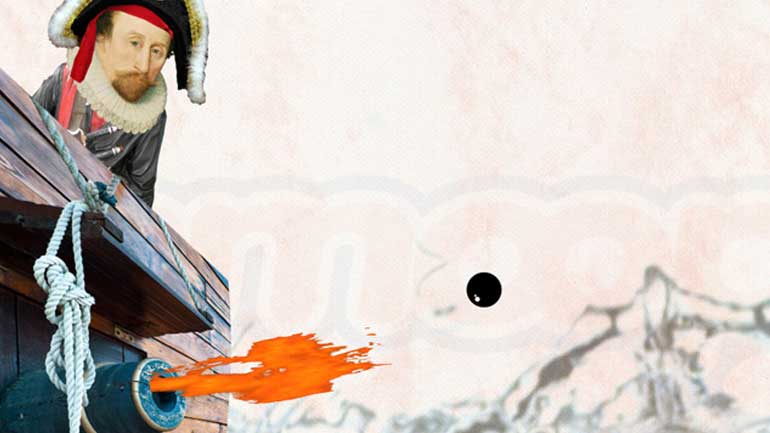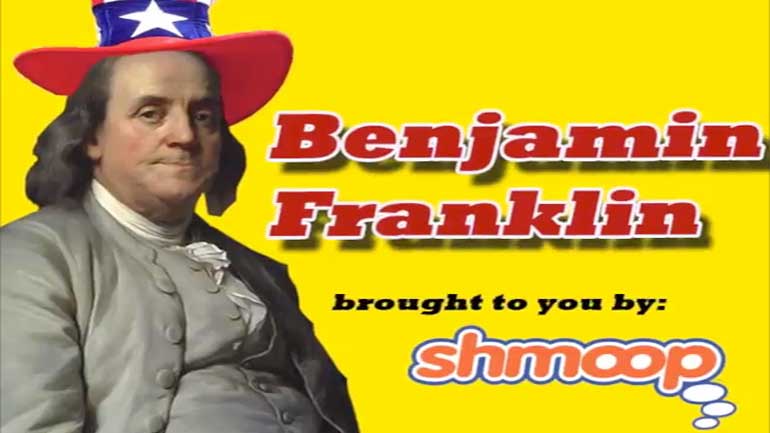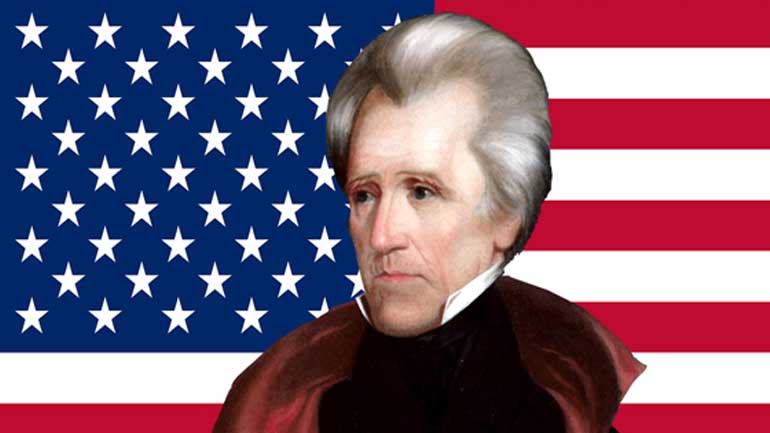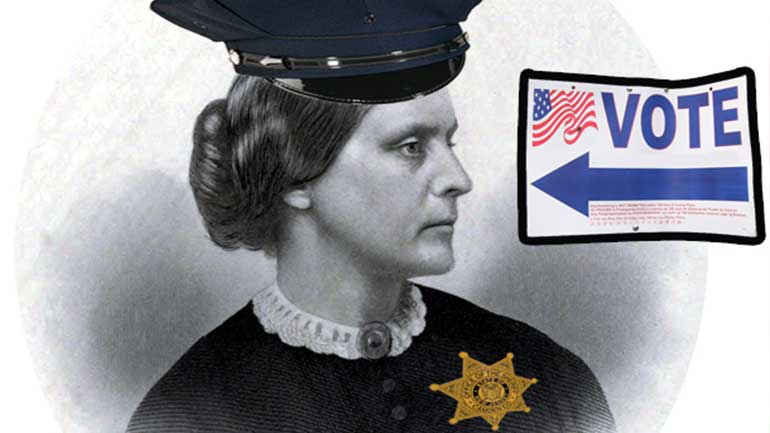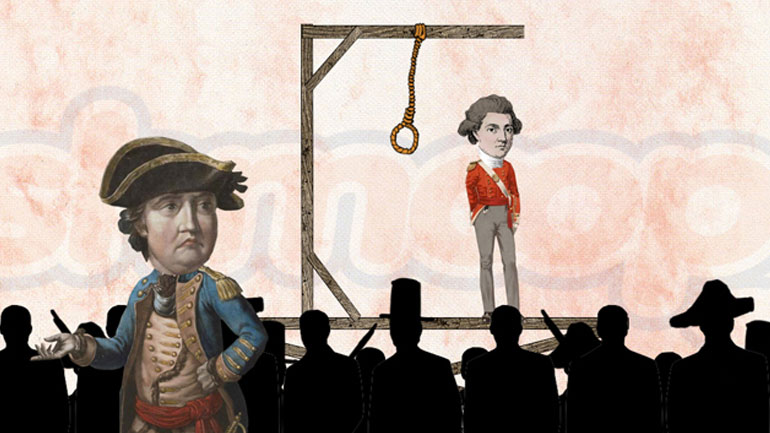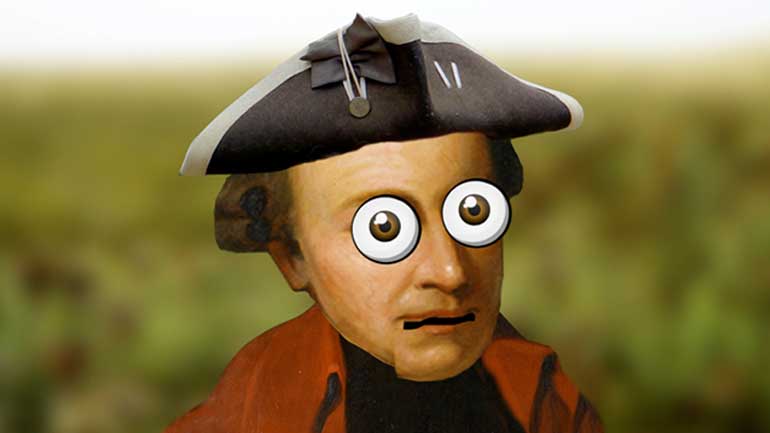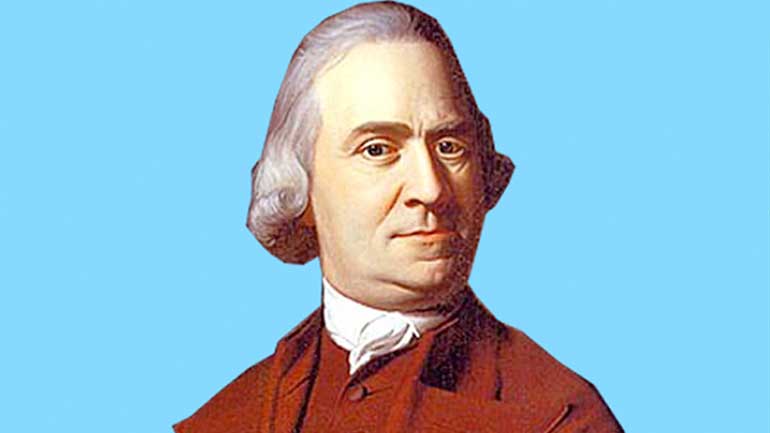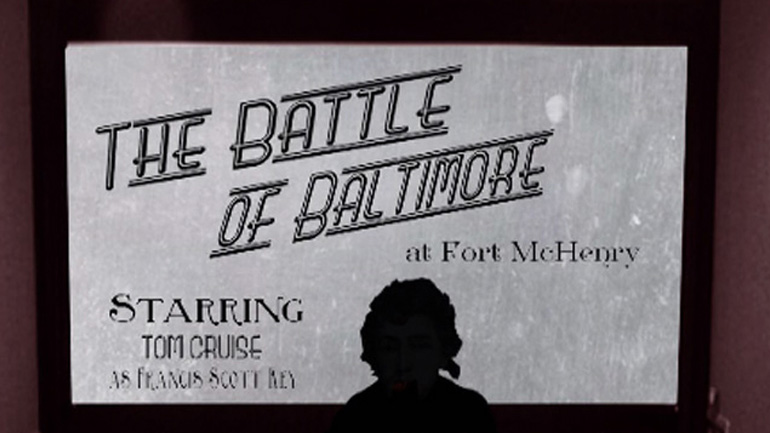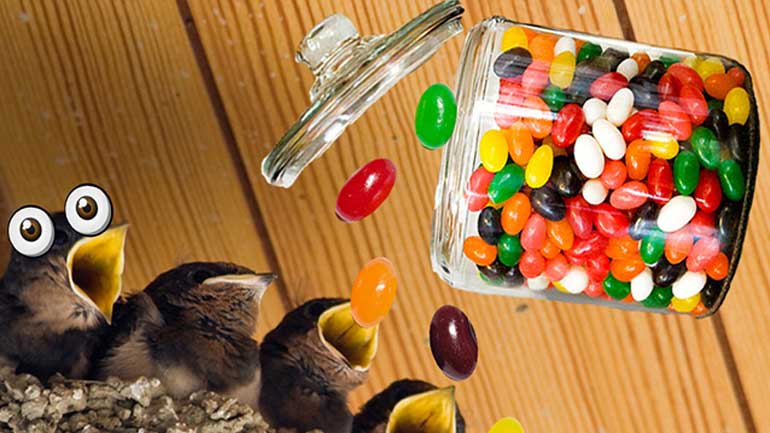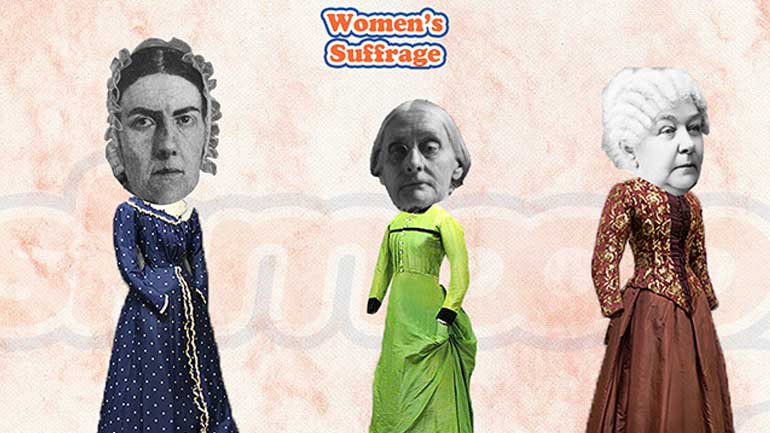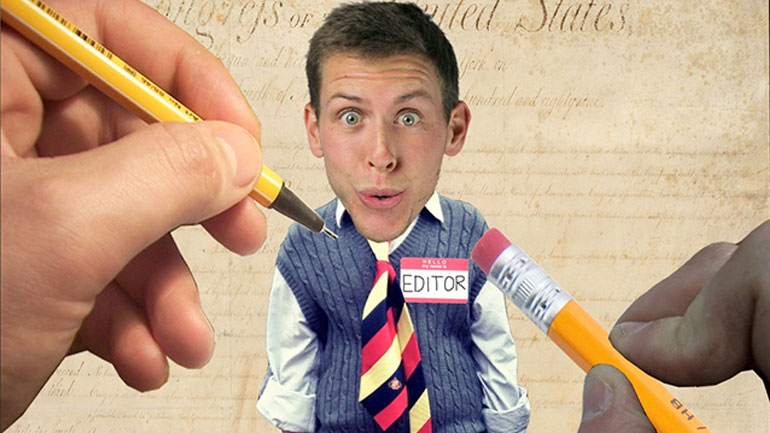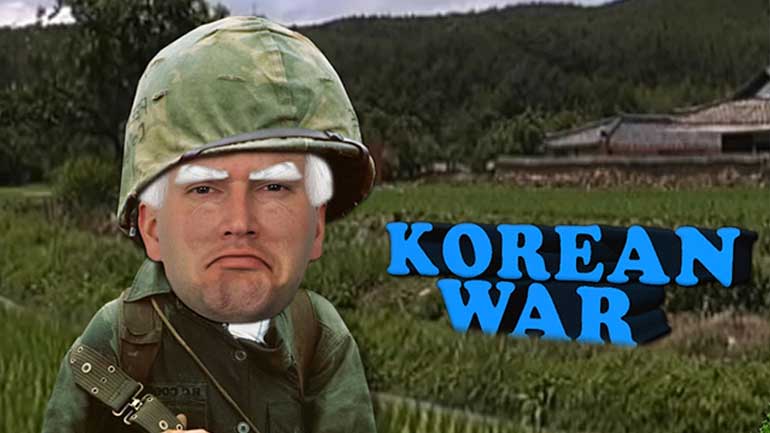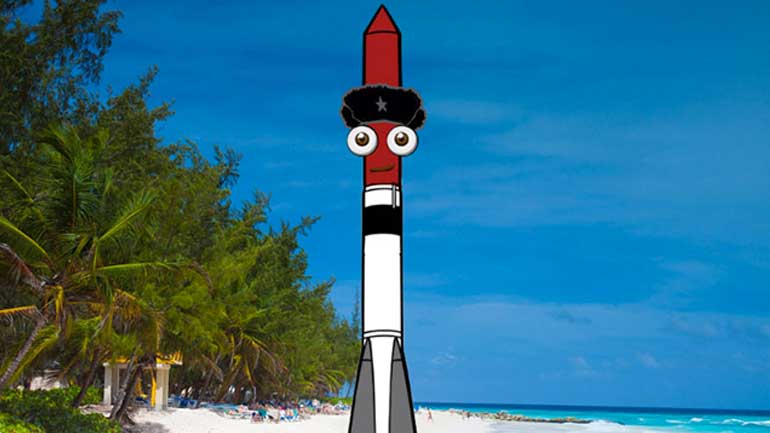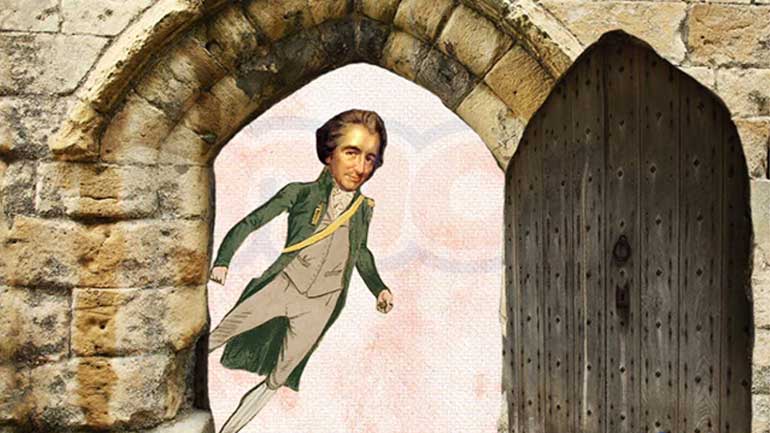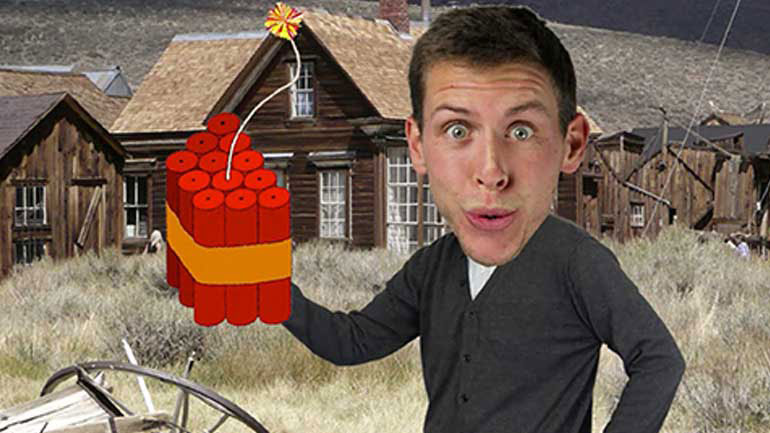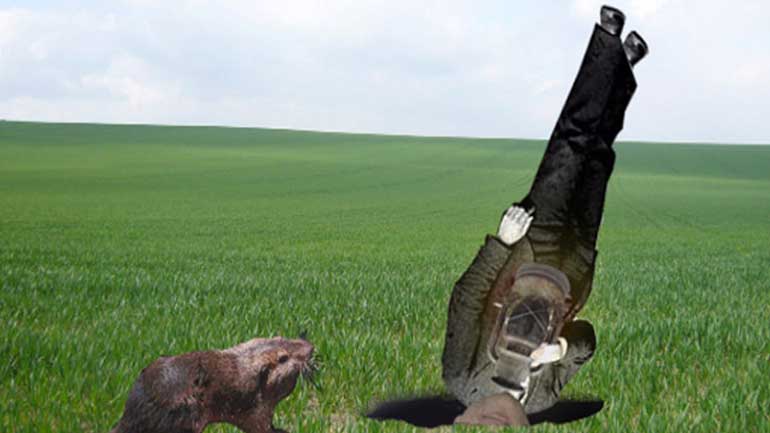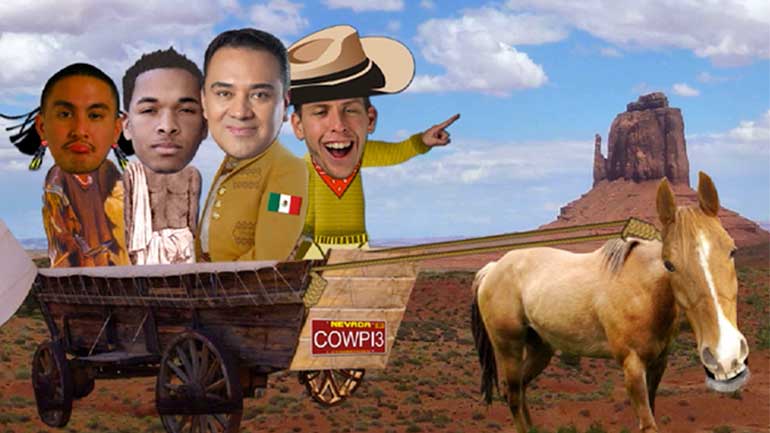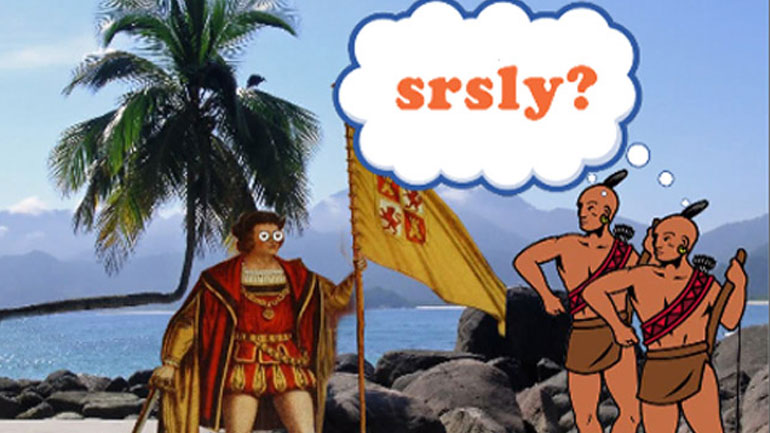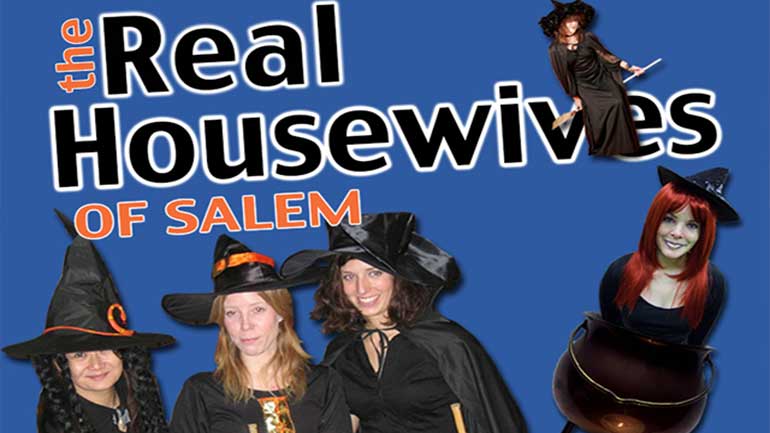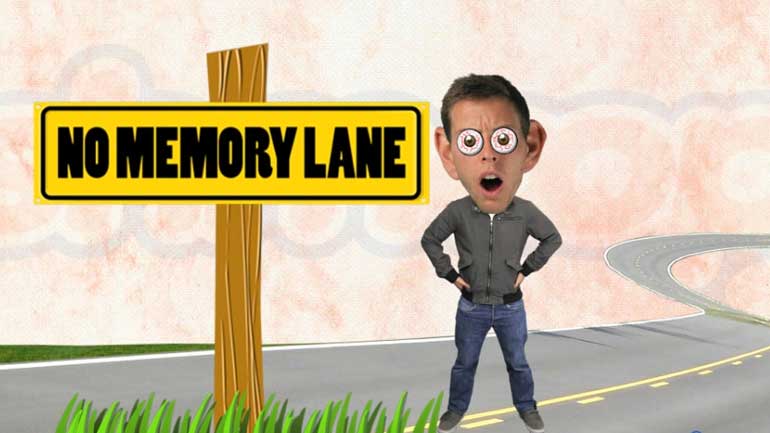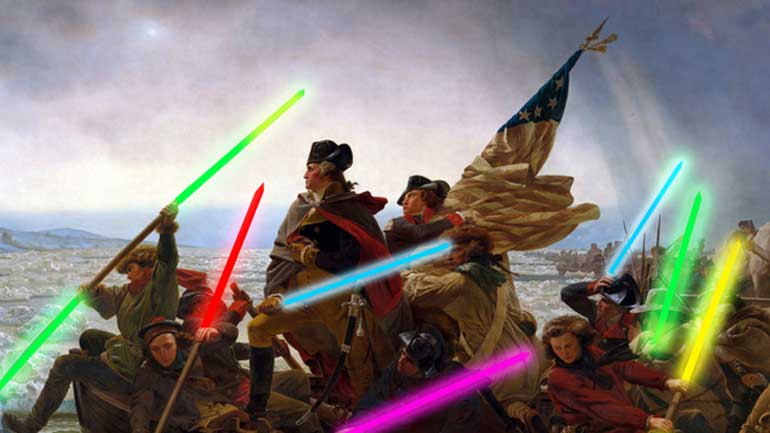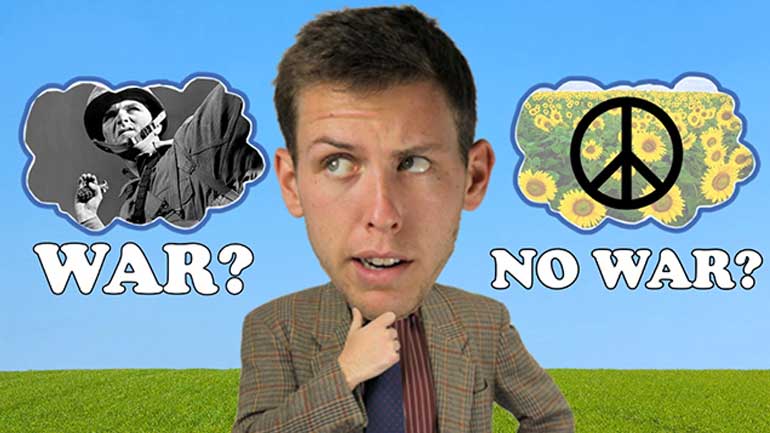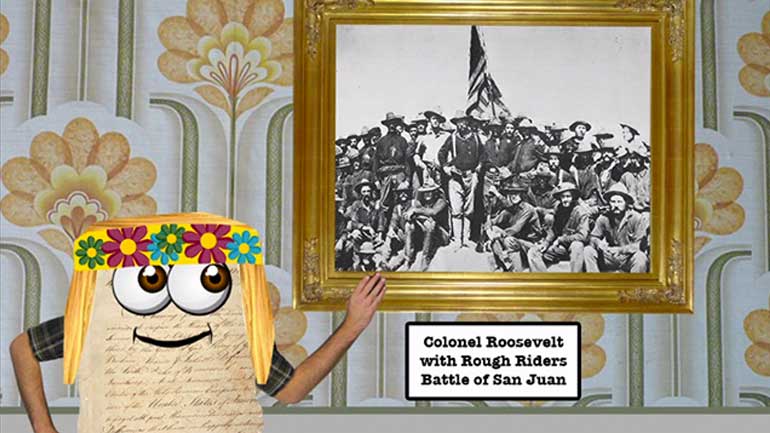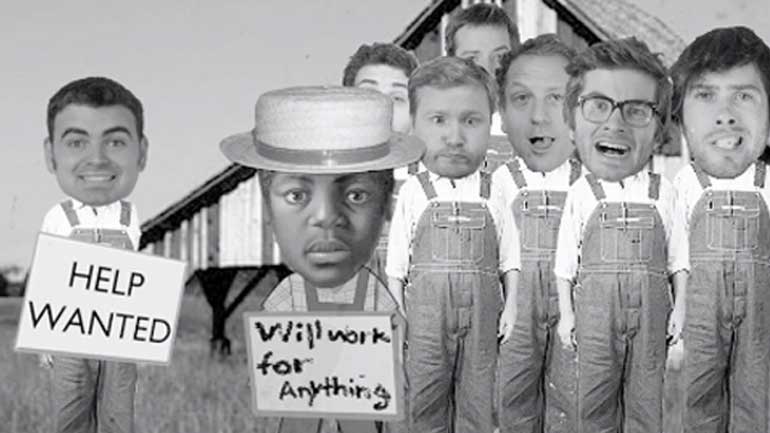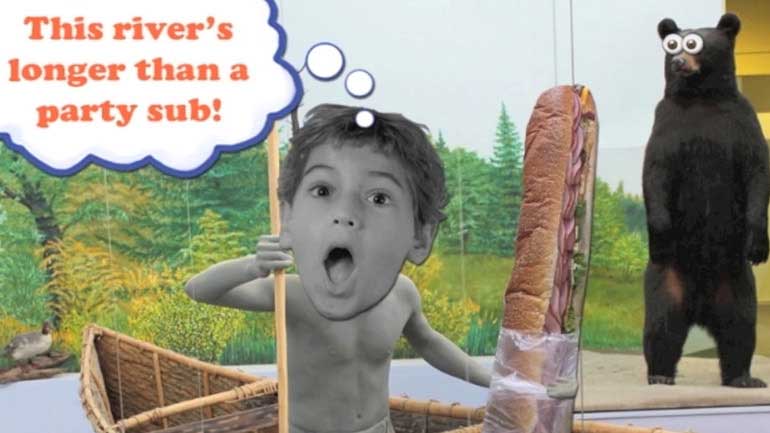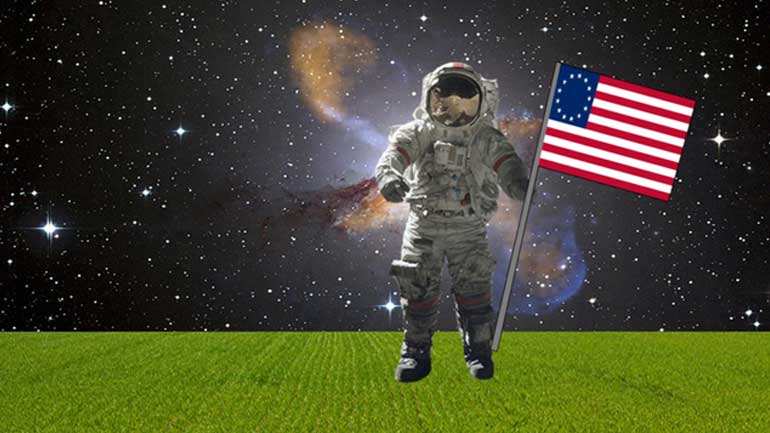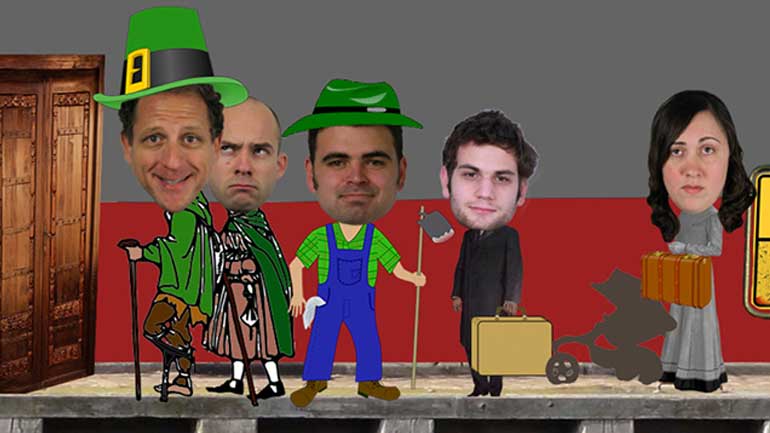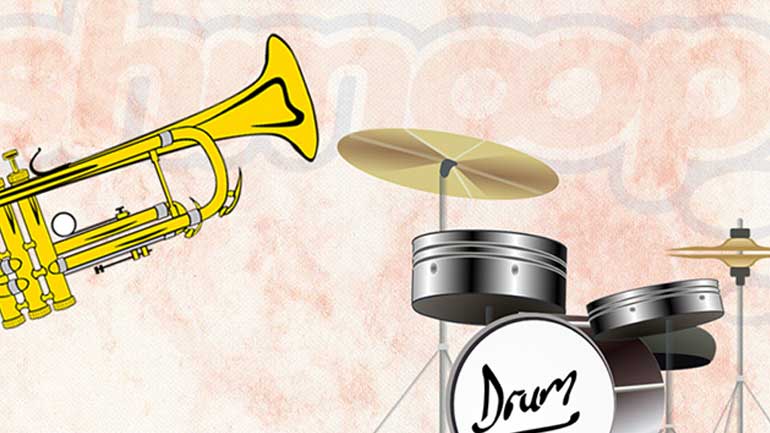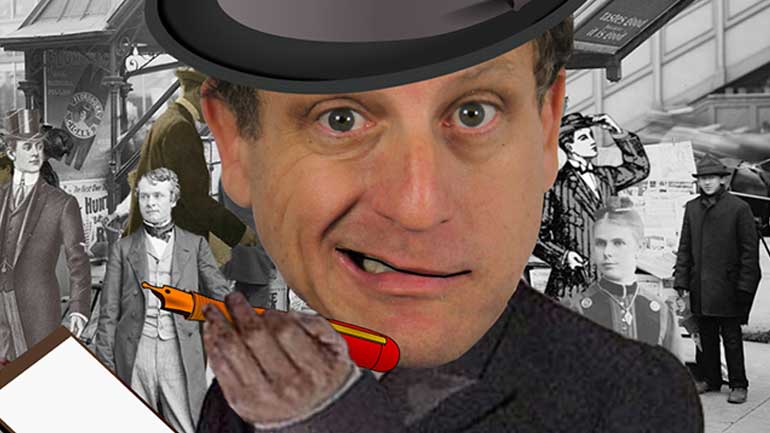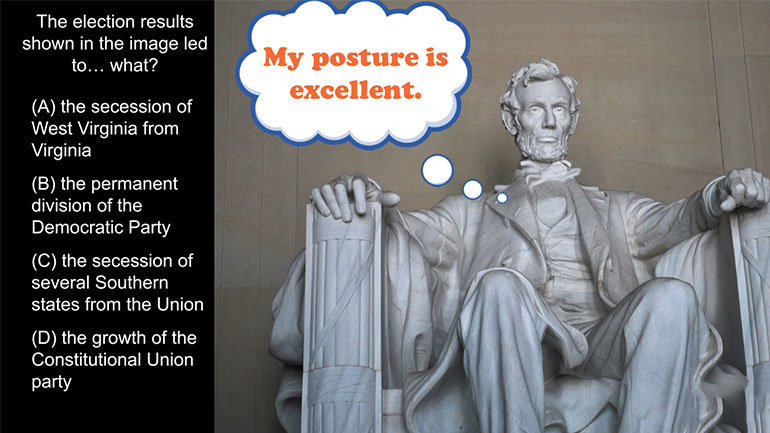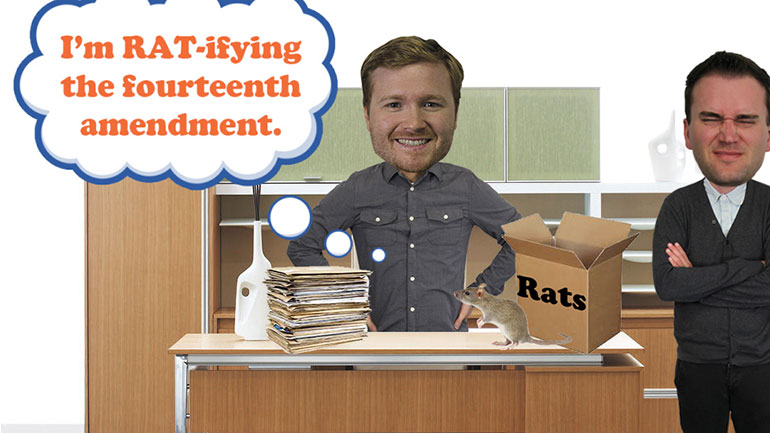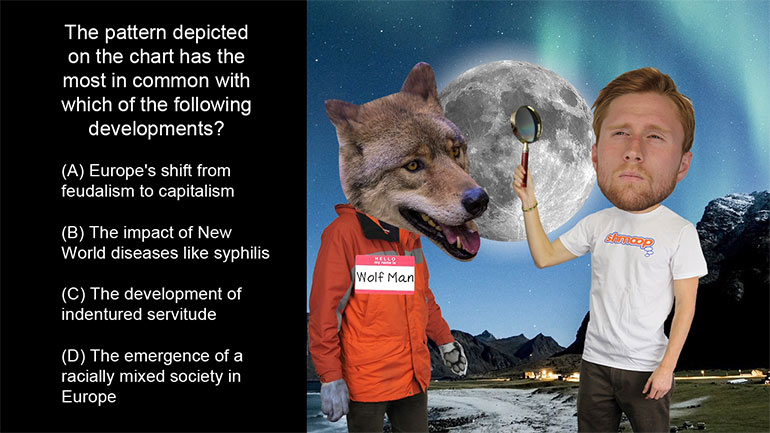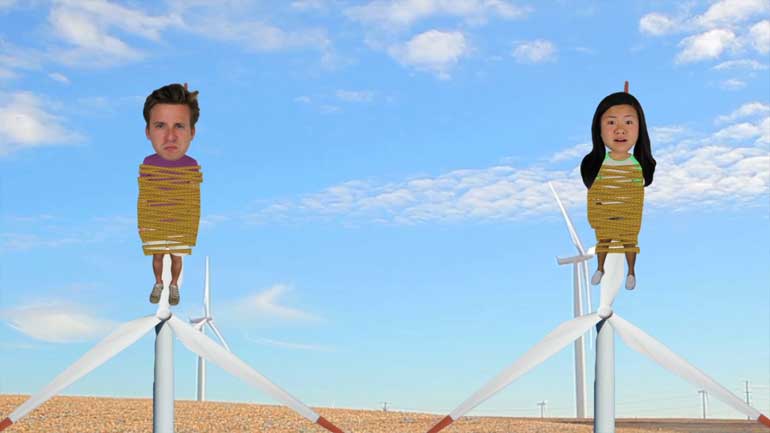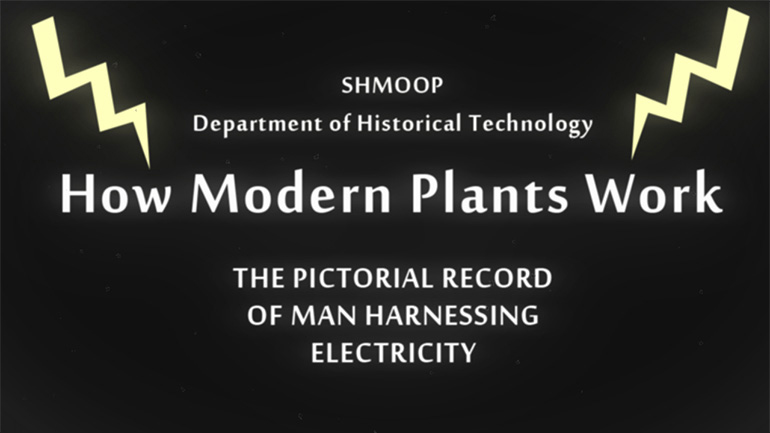ShmoopTube
Where Monty Python meets your 10th grade teacher.
Search Thousands of Shmoop Videos
Social Studies Videos 51 videos
GED Social Studies 1.1 Civics and Government
John Hawkins was may have been the most interesting man in the world. He doesn’t always hijack ships, but when he does... he prefers for them to...
Betty Frieden was one of the leading influences (arguably the starting one) in women's rights. She argued for gender equality everywhere— from th...
Internet Killed the Newspaper Star 265 Views
Share It!
Description:
Newspapers… heard of 'em? They’re those things you use to line the inside of your gerbil’s cage. Well, believe it or not, there is actual news printed on them as well. That explains why Fluffy is so in-the-know about current events.
Transcript
- 00:12
Extra! Extra! Read all about it!
- 00:16
You, ma'am!
- 00:17
You want to read all about advancements in printing technology, don't you?
- 00:21
And how they've affected the newspaper industry?
- 00:23
Well, I've got a story for you... hot off the presses...
Full Transcript
- 00:25
One hundred years ago, when people got a hankering to acquire information...
- 00:28
...they bought a newspaper. Plain and simple. There were no other options.
- 00:32
Of course, back in 1620, it was the town crier who was totally cutting edge.
- 00:36
That was before this amazing thing called "pulp" came along.
- 00:40
Cheap paper and ink...bam! You've got yourself a newspaper.
- 00:44
Until recently, "advancements in technology"
- 00:46
meant improvements to the printing press...
- 00:48
...which would result in lower production costs...
- 00:50
...which, in turn, would make newspapers more accessible to the poorer classes.
- 00:57
For those who could even read, anyway. There was no camping out overnight for the
- 01:00
next best thing like we do with our techie treasures.
- 01:06
There were just the usual places to buy the same old publications.
- 01:09
And it wasn't only newspapers that were printed and sold this way.
- 01:13
Books... pamphlets... everything was printed in bulk and distributed across the country
- 01:17
to spread information as quickly as possible.
- 01:20
Can you imagine having to wait an entire day to find out what Perez Hilton had to say about
- 01:24
Katy Perry's birthday party?
- 01:26
==We shudder to think. Stuff started to change with the advent of
- 01:30
broadcasting via radio... and then television.
- 01:36
Of course... if people weren't after cute little soundbites, they knew a newspaper was
- 01:39
still the place to go. The newspaper industry took a hit, but they
- 01:43
were still going pretty strong.
- 01:45
After all, the TV news was presented only a few times a day...
- 01:48
...so you still couldn't just "log on" and access the desired information any time
- 01:52
you felt like it. But then came the knockout blow.
- 01:56
The internet. El internet-o. The Great White Web.
- 02:00
This thing meant business.
- 02:01
There was no longer a significant cost to printing and physically delivering papers...
- 02:06
...Now, the marginal cost for computer space was close to nothing.
- 02:11
The way newspapers had always made money was to sell ads for jobs, cars, homes...
- 02:17
... but who relies on newspaper ads these days to find what they want?
- 02:21
Can you imagine a world where people go to the "Man seeking woman" section of the
- 02:24
newspaper looking for a date?
- 02:29
Used to happen, believe it or not. Once the internet got on its feet...
- 02:32
...it began to feature news feeds, informational blogs, online versions of physical publications...
- 02:38
... and eventually, instantaneous news and information via social networking and reporting.
- 02:43
Because of this sudden explosion in readily-available information...
- 02:46
...if a company didn't jump on the virtual bandwagon, there was a chance they were going
- 02:50
to end up six feet under.
- 02:52
And you just know their obituary would have been instantly available online.
- 02:58
The traditional newpaper companies were doomed because they were averse to taking risks.
- 03:03
Instead of recognizing the trend and cannibalizing themselves to reinvent their business...
- 03:08
...they let others do it for them.
- 03:10
The newspapers could have bought Yahoo, AOL, Google, and others...
- 03:14
but they were pennywise and pound-foolish.
- 03:17
They instead bought what they were comfortable with.
- 03:19
Each other...
- 03:21
and consolidated.
- 03:24
By the time they had to compete with the Internet,
- 03:26
they had all become local monopolies with cultures as just order takers,
- 03:30
rather than competitors.
- 03:32
The best and brightest didn't exactly beg for jobs at newspapers.
- 03:36
Today, not only can we follow American news...
- 03:39
...but we can be updated on global events just as quickly and easily
- 03:42
as the story that happened down the street.
- 03:45
Although, to be fair, even today most of that news comes from the papers.
- 03:48
AP and UPI, for example, are owned by the collective of newspapers,
- 03:53
and get paid a license fee for the feed...
- 03:56
...except that now they compete against bloggers who do it for one-hundredth of the price,
- 04:01
so... buh-bye, profits... The immediacy of the internet is great though,
- 04:06
because it used to take forever to find out what was going on overseas.
- 04:10
Today, newspapers and other print media seem like dinosaurs.
- 04:13
Especially Dinosaurs Weekly, which has really been hurting as of late.
- 04:16
With hundreds of newspapers already out of business...
- 04:19
...and many more headed in that direction...
- 04:21
...it won't be long before the newspaper is a relic of world history.
- 04:24
Or, even if it is still around, it certainly won't be growing. It will just sort of be...there.
- 04:29
Hanging on for dear life. People still get their news.
- 04:32
In fact, more people get more news.
- 04:35
They just get what they want when they want it. How they want it.
- 04:38
Anyway, you might want to hang onto one or two of those newspapers as collector's items.
- 04:43
Someday, you'll have a good story to tell your grandson when he asks, "What is that thing?"
Related Videos
The concept of using a Facebook profile as a personal diary began with Sylvia Plath. Sorry, Martha, but we really don't need to know that you had o...
Ready for your quiz on wind turbines and solar cells? For all of you who have been studying up on how to use vegetable oil as an energy source over...
Ever wonder how all of your iPhones, Kindles, Xboxes, and laptops get their power? No? Well we are going to tell you anyway, sassy pants.
GED Social Studies 1.1 Civics and Government
This video defines utopias and dystopias, and investigates how a utopia might become a dystopia. Can a seemingly perfect world actually be a dystop...

